Hello, I'm Gereon.
I'm an Information Systems (M.Sc.) student at TU Munich, interested in how humans interact with computers. Nice to meet you!
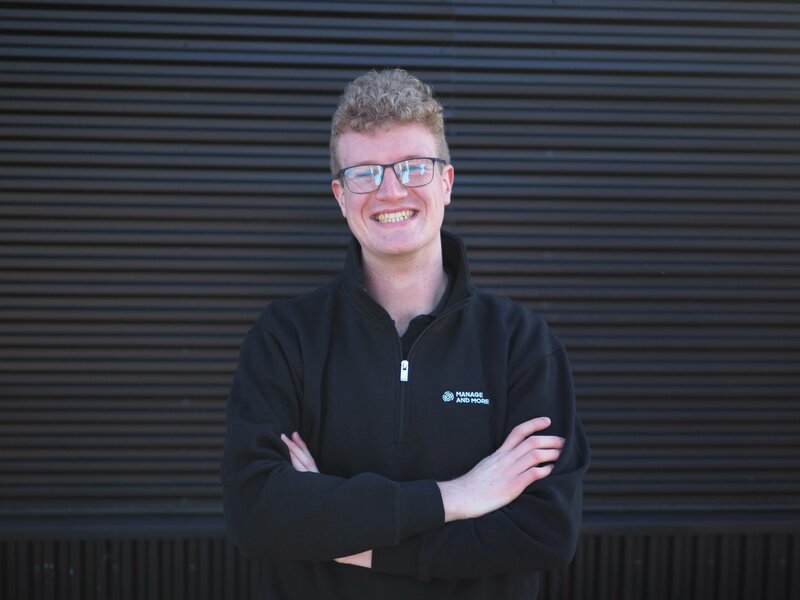
Stuff I'm doing:
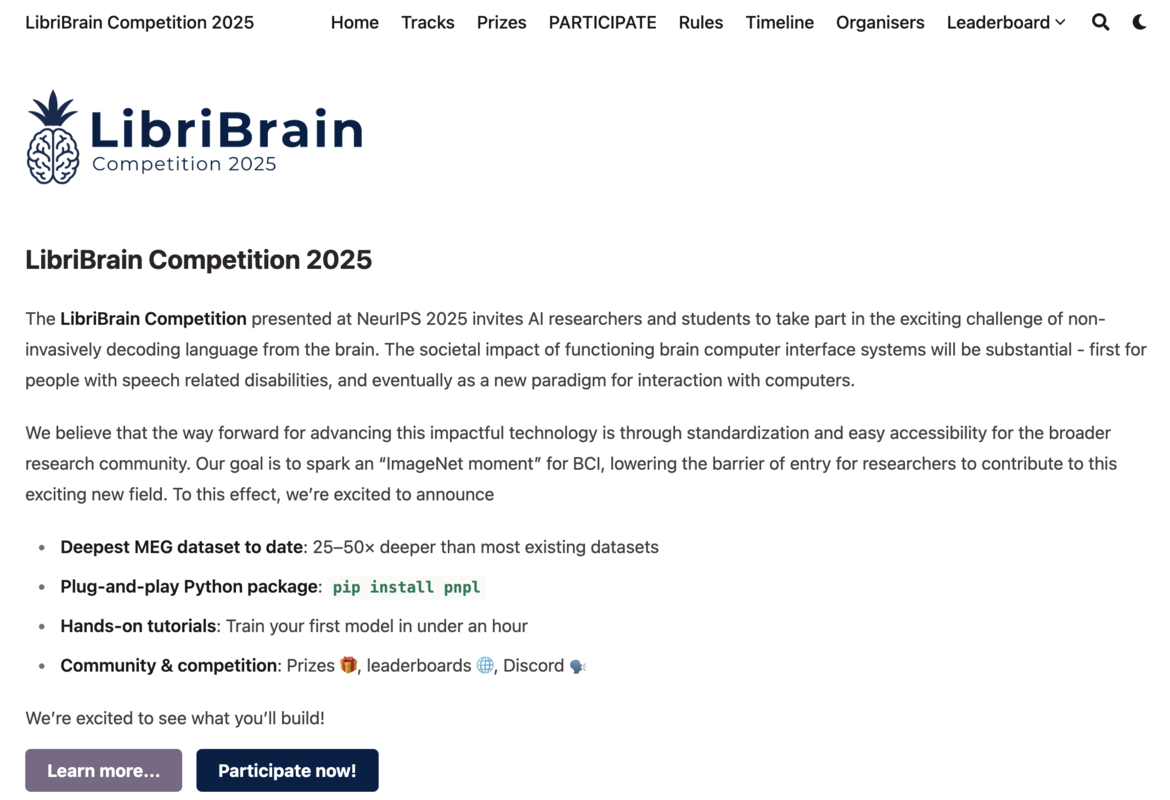
LibriBrain Competition
Non-invasive decoding of speech from the brain
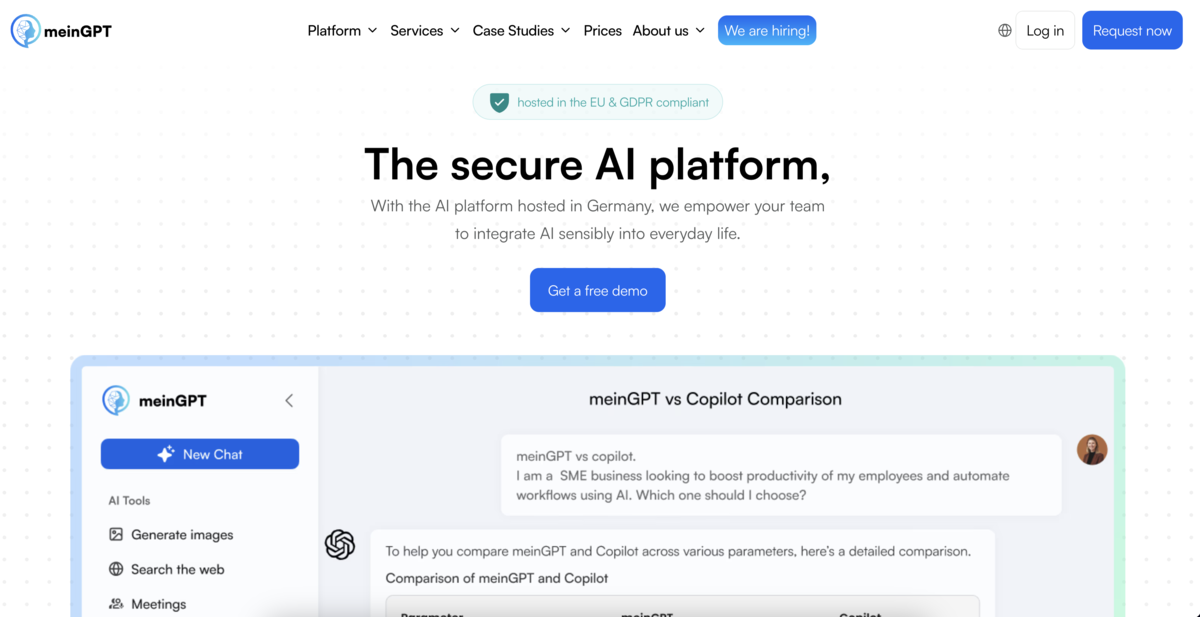
meinGPT
Full-service AI solution for SMEs
People I work(ed) with:
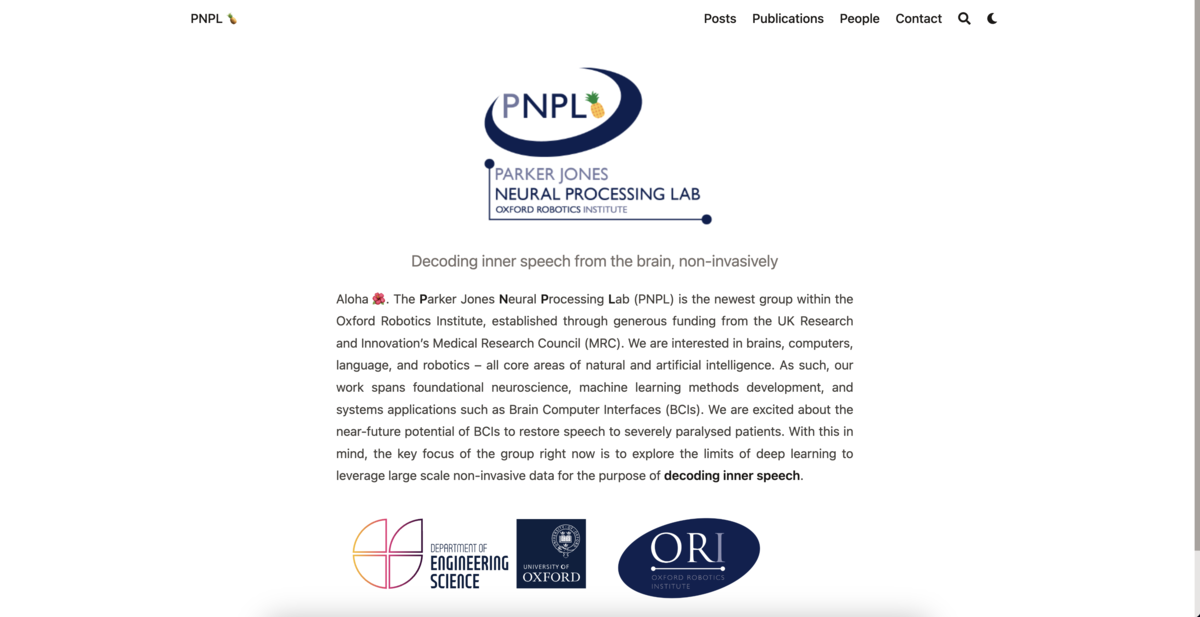
After initially joining remotely in October 2024, I joined the Parker Jones Neural Processing Lab as a visiting researcher in May 2025.
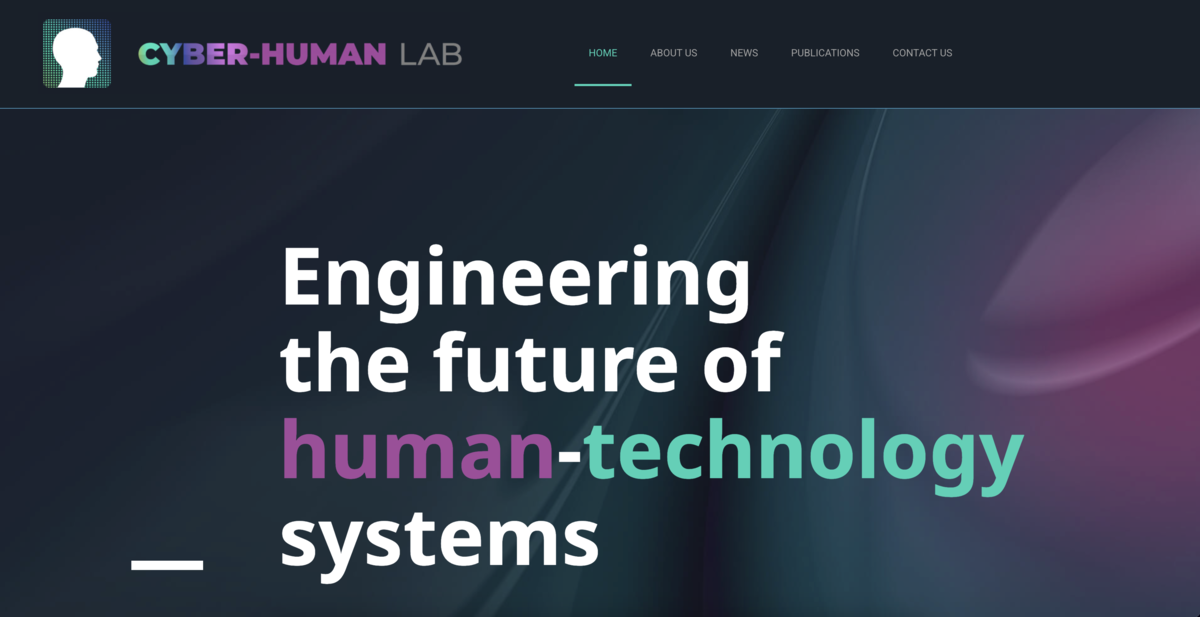
Under the supervision of Dr. Thomas Bohné and Dr. Sławomir Tadeja, I completed my Master's Thesis on peer-to-peer interaction in multi-agent augmented reality assembly within industrial settings.
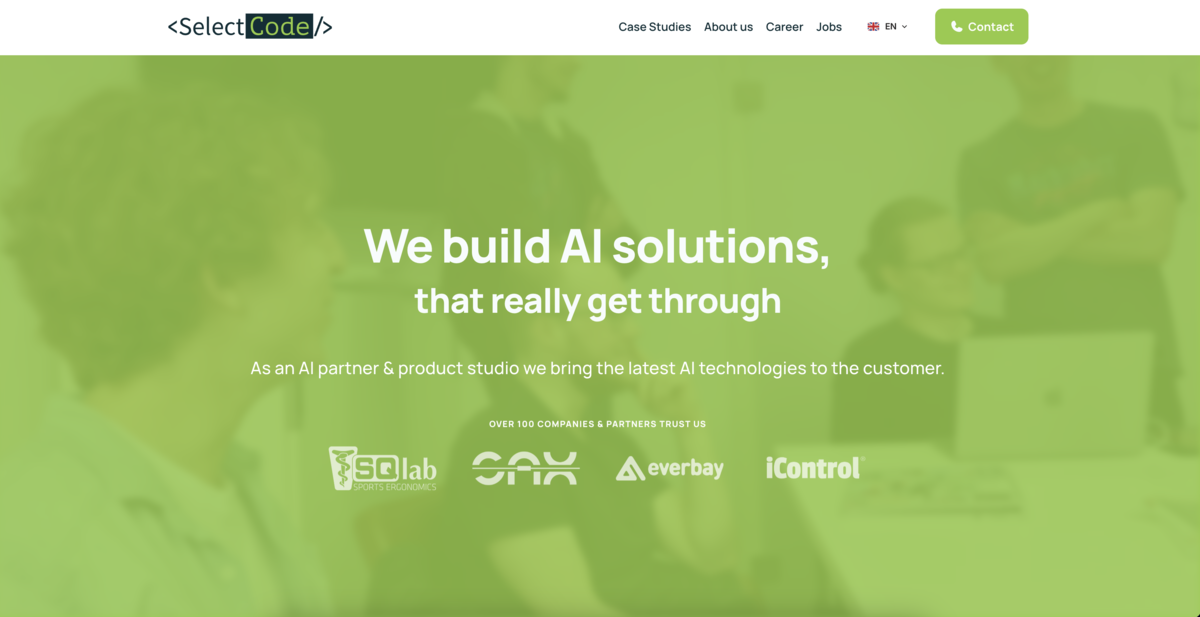
Since March 2022, I am an working student at SelectCode. After co-leading the SQlab Profiler team, I am now working on meinGPT.
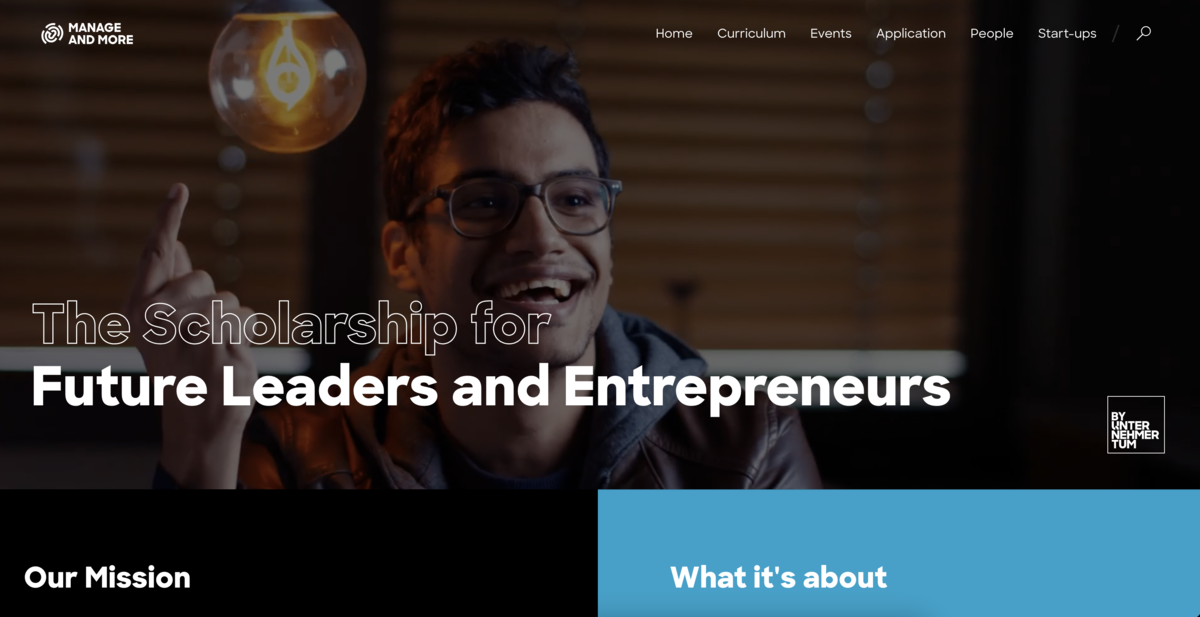
Since April 2024, I am part of the 41st generation of Manage and More, the entrepreneurial scholarship offered by UnternehmerTUM.
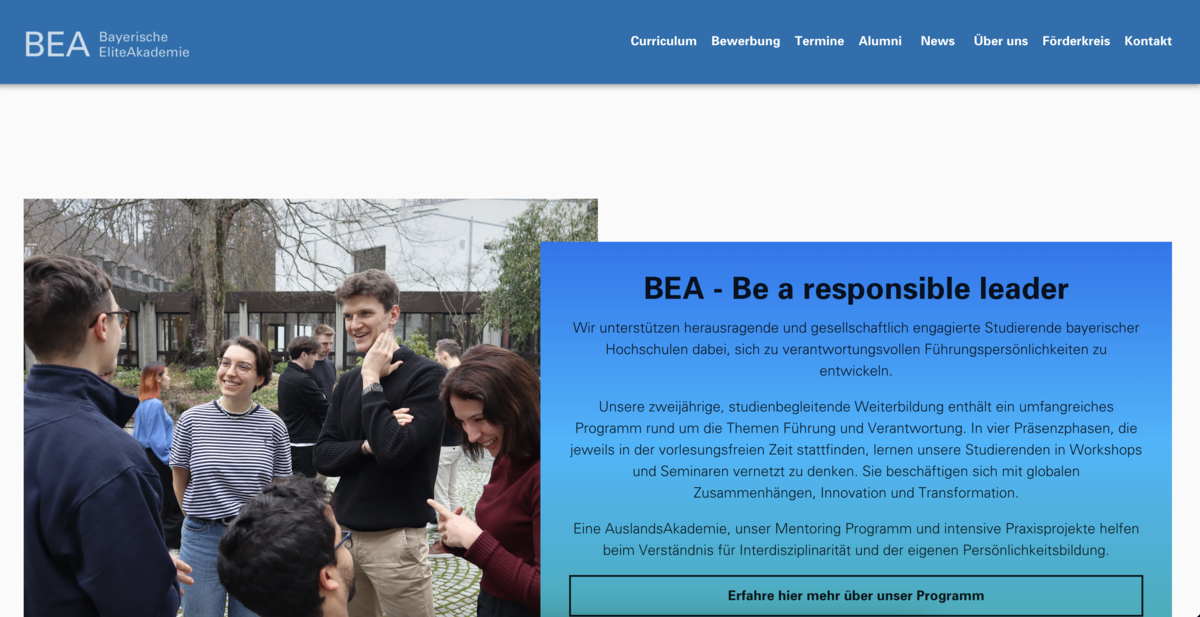
In 2021, I became part of the 23rd class of the leadership education program offered by the Bavarian EliteAcademy. In late 2023, I completed the program and joined the alumni network.
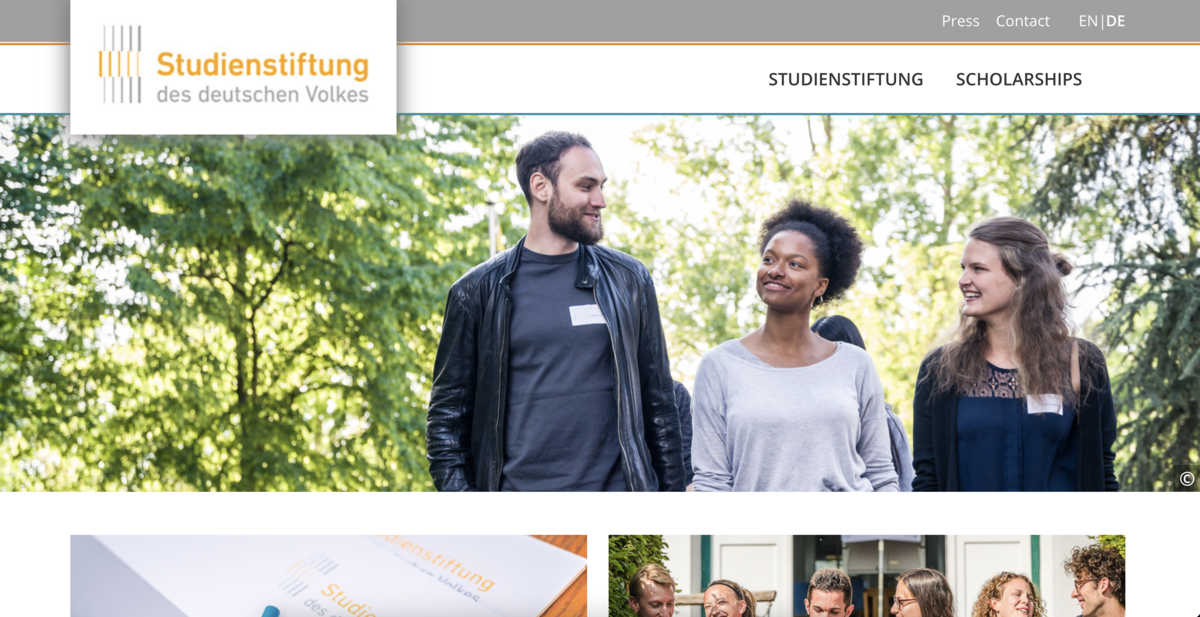
Since 2019, I am a scholarship recipient of the German Academic Scholarship Foundation. In 2021, the scholarship was renewed for my Masters.

The TU Investment Club is a non-profit student organization dedicated to improving students financial literacy. I joined in 2019, and was Head of IT from 2022 to early 2024.
Publications:
LibriBrain represents the largest single-subject MEG dataset to date for speech decoding, with over 50 hours of recordings -- 5× larger than the next comparable dataset and 50× larger than most. This unprecedented 'depth' of within-subject data enables exploration of neural representations at a scale previously unavailable with non-invasive methods. LibriBrain comprises high-quality MEG recordings together with detailed annotations from a single participant listening to naturalistic spoken English, covering nearly the full Sherlock Holmes canon. Designed to support advances in neural decoding, LibriBrain comes with a Python library for streamlined integration with deep learning frameworks, standard data splits for reproducibility, and baseline results for three foundational decoding tasks: speech detection, phoneme classification, and word classification.
The advance of speech decoding from non-invasive brain data holds the potential for profound societal impact. Among its most promising applications is the restoration of communication to paralysed individuals affected by speech deficits such as dysarthria, without the need for high-risk surgical interventions. The ultimate aim of the 2025 PNPL competition is to produce the conditions for an "ImageNet moment" or breakthrough in non-invasive neural decoding, by harnessing the collective power of the machine learning community.
Other stuff I've done:
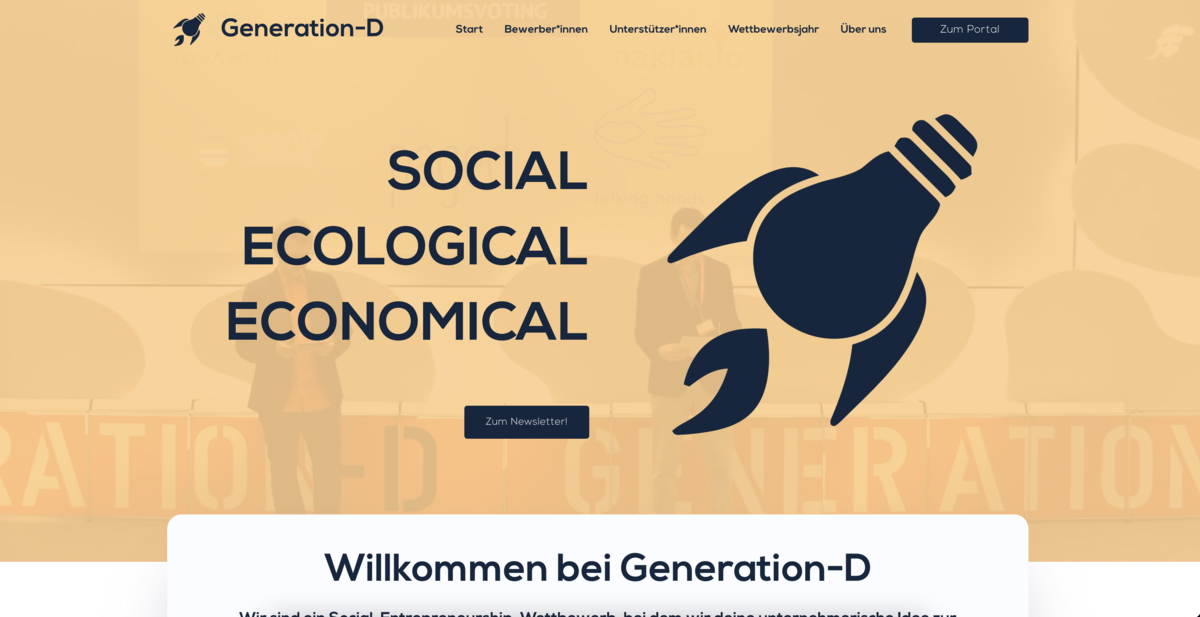
Generation-D
Social Entrepreneurship contest for students, now in its 16th year
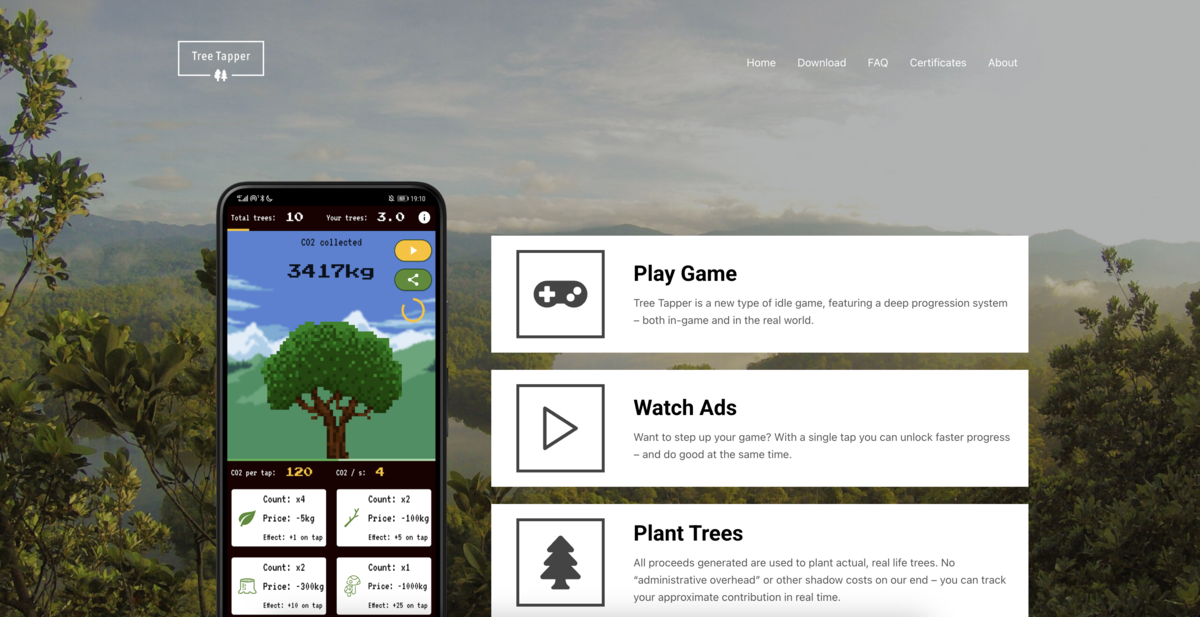
Tree Tapper
Idle game that funded over 9000 mangrove trees in Madagascar
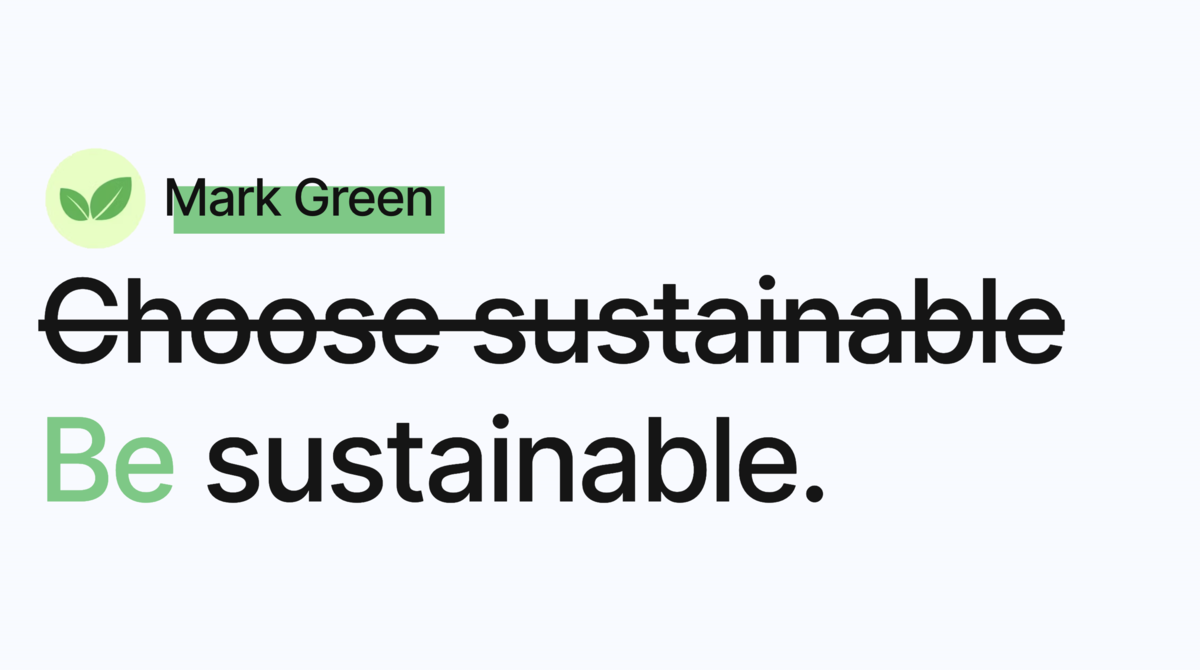
Mark Green
Making sustainability opt-out using cashback through internal carbon pricing.

Wood Watcher
Enhancing carbon credit reliability through satellite monitoring and direct field communication.
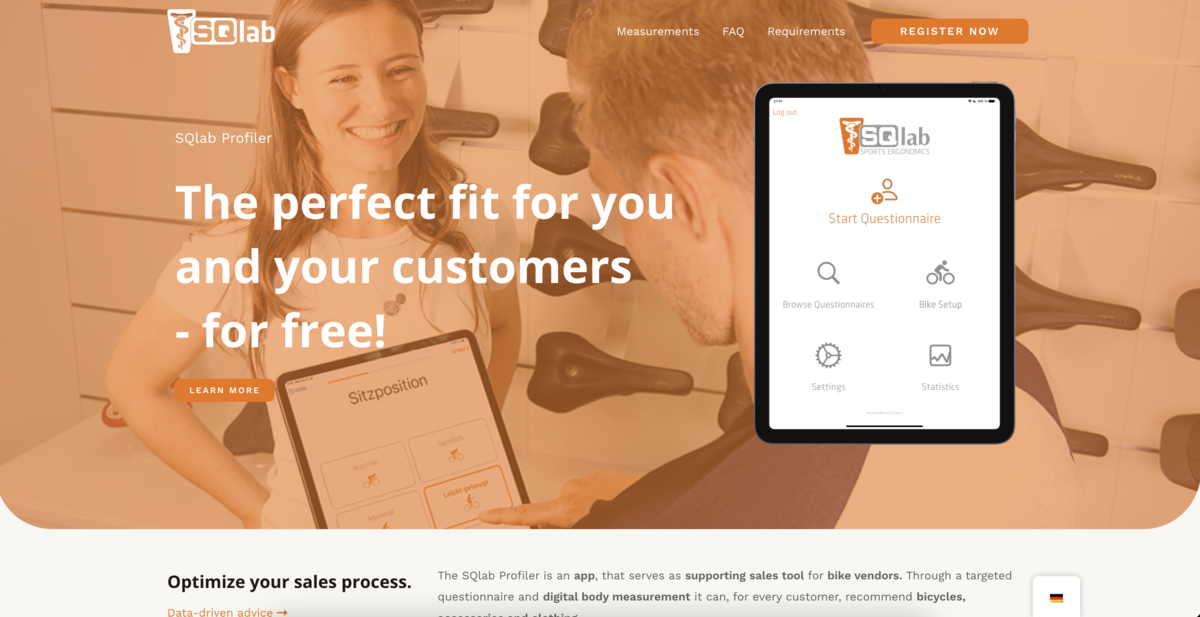
SQlab Profiler
Measurment and sales tool for bike vendors, recommending bicycle accessories and clothing.
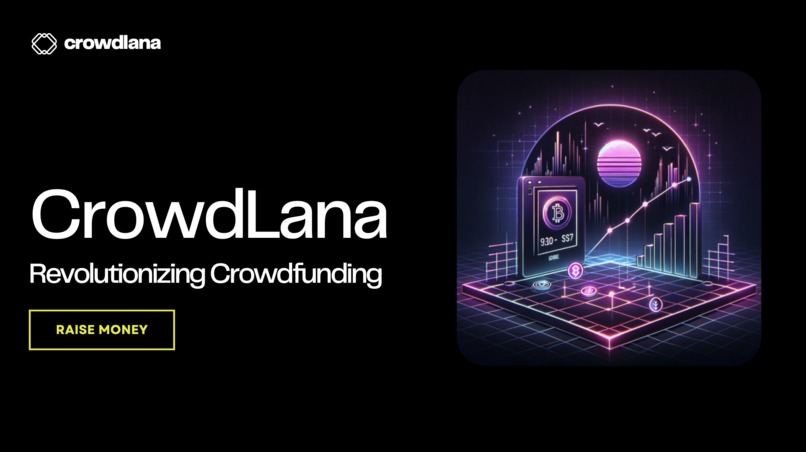
CrowdLana
Decentralized crowdfunding platform built on the Solana blockchain
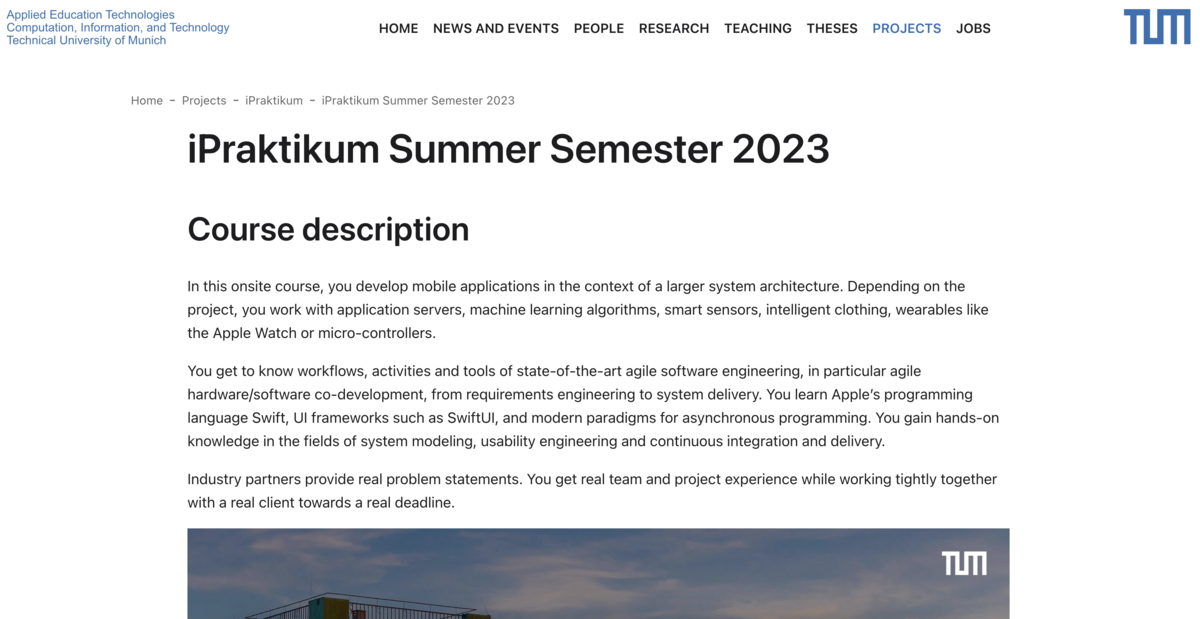
CarCoach
Proactive assistance and driver scoring in Apple CarPlay.
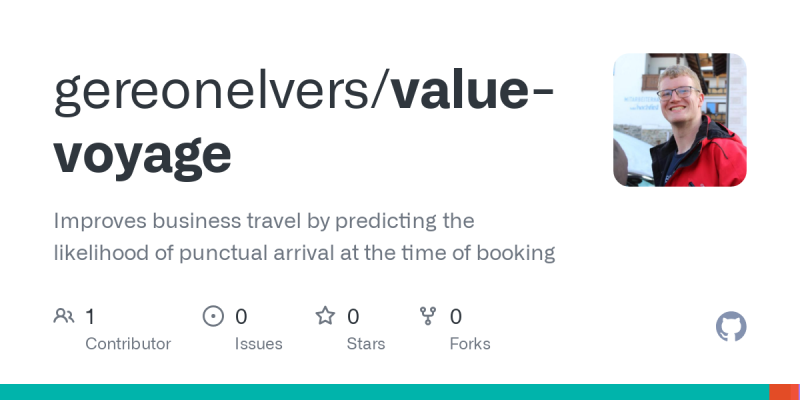
ValueVoyage
Improve business travel by predicting the likelihood of punctual arrival at the time of booking.
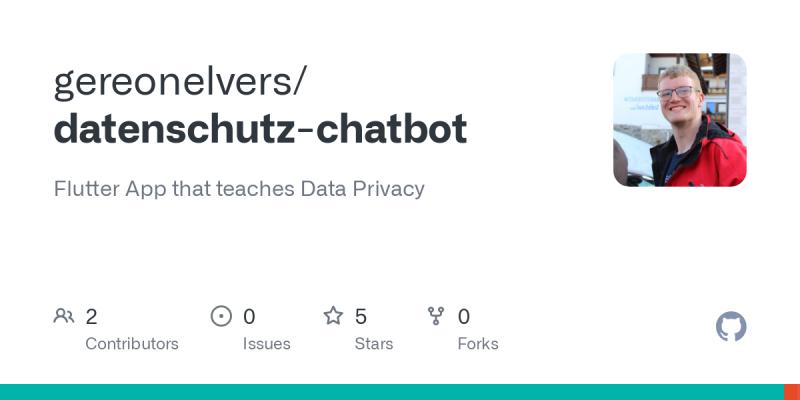
Botty - Datenschutz-Chatbot
Interactive lesson on data privacy taught through a chatbot